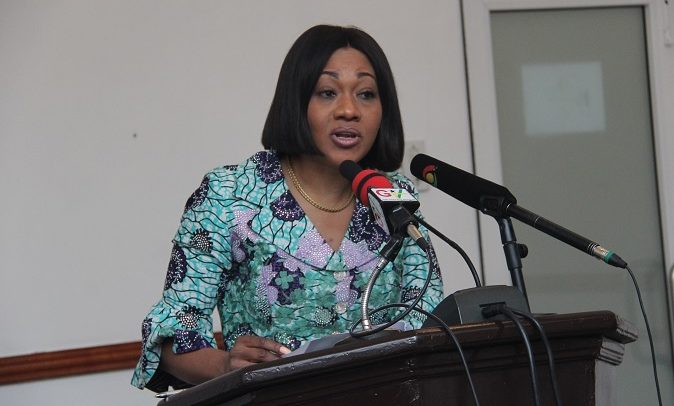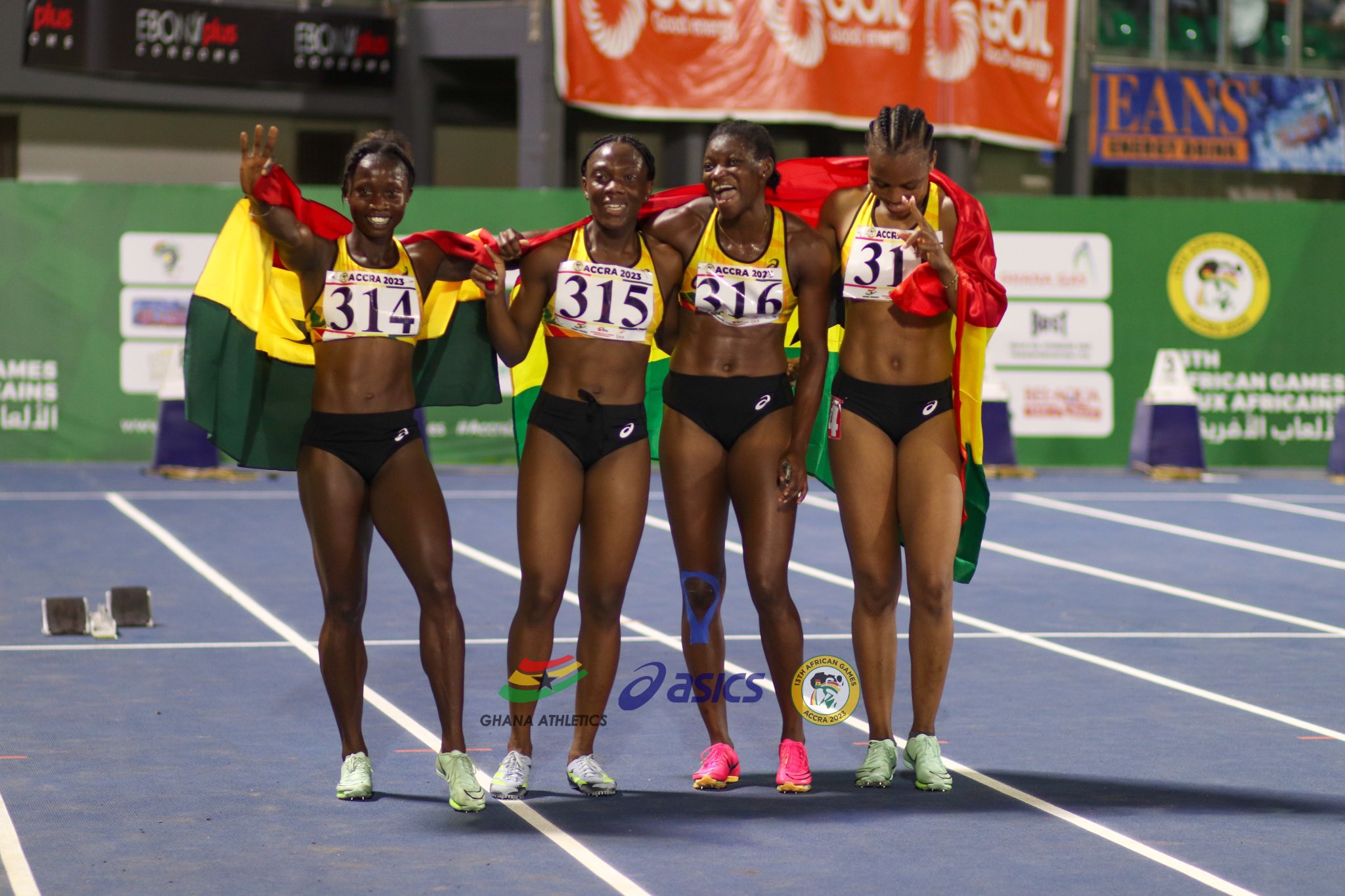
In a dramatic turn of events during the 2024 presidential nomination filing process, independent candidates outnumbered those from recognized political parties, capturing the nation’s attention and signaling a growing shift in Ghana’s political landscape.
With 12 out of 22 aspirants standing as independents, these candidates made a strong statement about the evolving nature of Ghanaian politics, where individuals, not just established party figures, are stepping up to lead.
The filing process, which concluded on September 13, saw a mix of political heavyweights and lesser-known contenders. While figures like Dr. Mahamudu Bawumia of the New Patriotic Party (NPP) and John Dramani Mahama of the National Democratic Congress (NDC) were early birds, the unprecedented number of independent candidates signaled a potential desire among Ghanaians for alternatives outside the traditional political structures.
A Growing Independent Movement
From notable businessmen to political activists, the list of independent candidates reflects a diversity of backgrounds and aspirations. Nana Kwame Bediako, an entrepreneur, and Alan Kyerematen, former NPP stalwart, are among the leading figures who broke away from political norms to contest as independents.
Other contenders like Kofi Koranteng and Dr. Sam Ankrah echoed calls for change, criticizing the failures of traditional political parties in addressing key issues like unemployment, economic instability, and leadership inefficiencies.
Even more intriguing was the inclusion of Janet Asana Nabla, the lone female independent candidate, who voiced strong concerns about the nomination process’ complexity and the need for digital reform, emphasizing the importance of making the election process more inclusive.
Why the Surge in Independents?
The rise in independent candidates can be attributed to several factors, chief among them being widespread disillusionment with the two major political parties, the NPP and NDC. Many of these independents believe that the country’s current leadership has failed to deliver meaningful change and has been mired in a cycle of partisan politics.
As a result, these candidates feel compelled to offer new perspectives and solutions, free from the constraints of party ideology.
The growing dissatisfaction with party-based governance has also been amplified. Independent candidates like Kofi Koranteng and Nana Stephens have seized this opportunity to promote themselves as fresh alternatives, untethered to these past controversies.
Moreover, the flexibility that comes with running independently has proven attractive to candidates like Alan Kyerematen, who parted ways with the NPP to pursue his vision without the constraints of party loyalty. His decision reflects a broader sentiment that, in order to enact meaningful change, one may need to break away from established political structures.
A Battle of Ideas vs. Party Machinery
While independent candidates often lack the party machinery that their counterparts from major political parties possess, they make up for it with bold visions and direct engagement with the electorate. Many have used grassroots movements and social media platforms to bypass traditional campaign avenues, focusing on issue-based campaigns rather than party-driven narratives.
Though the road ahead may be challenging for these independent aspirants, their significant presence in the 2024 race has already shifted the dynamics. As the election approaches, the Ghanaian public may be faced with a choice unlike any other—whether to stick with the familiar faces from established parties or take a chance on the fresh ideas and bold promises offered by the independents.
The stage is set for an exciting and unpredictable election season, and it is clear that the independent candidates have already stolen the show.
The post Election 2024: Why are there more independent than party candidates for the presidential slot? first appeared on 3News.
Read Full Story












Facebook
Twitter
Pinterest
Instagram
Google+
YouTube
LinkedIn
RSS